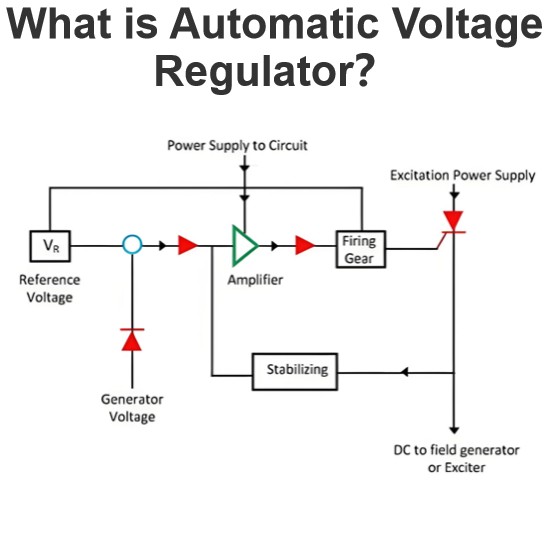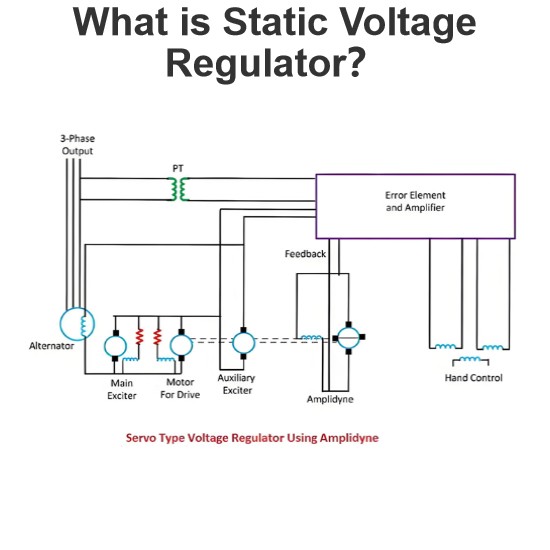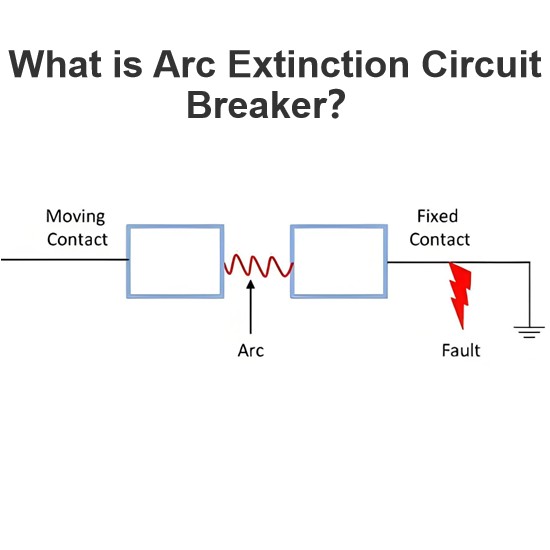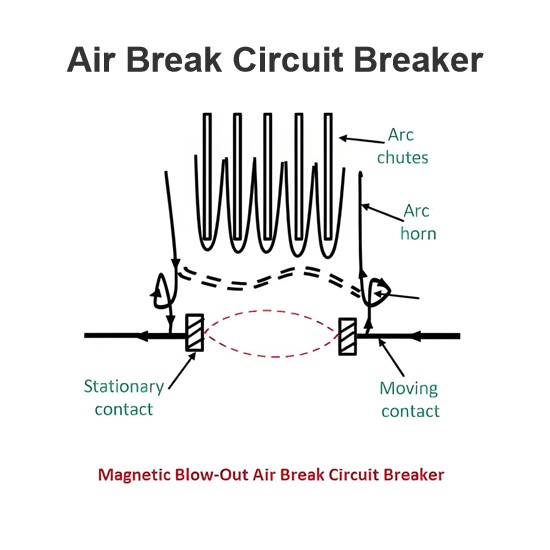What is an Radiation Pyrometer ?
What is an Radiation Pyrometer ?
Radiation Pyrometer Definition
A radiation pyrometer is defined as a non-contact temperature sensor that measures temperature by detecting the thermal radiation emitted from an object.
Measurement Capability
Radiation pyrometers are particularly useful for measuring high temperatures that are inaccessible or hazardous for traditional contact sensors.
Types of Radiation Pyrometers
Fixed Focus Type Radiation Pyrometer
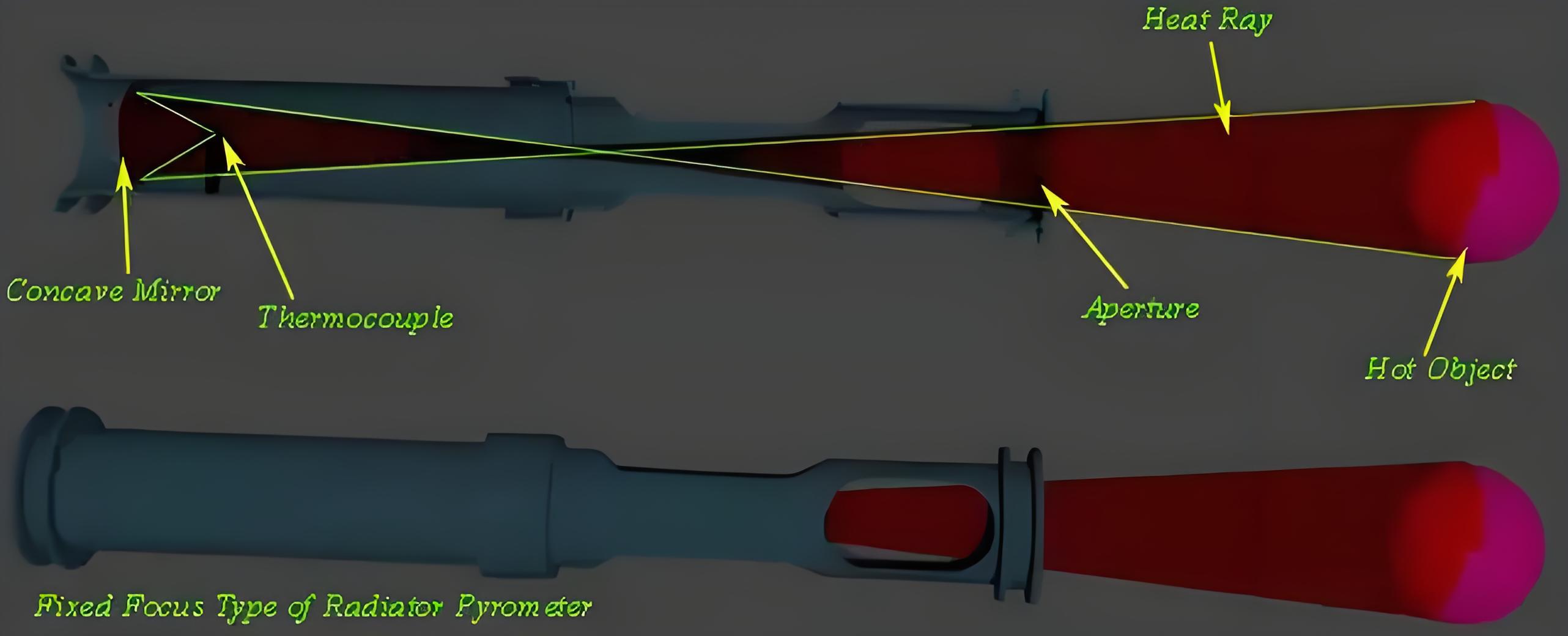
Variable Focus Type Radiation Pyrometer
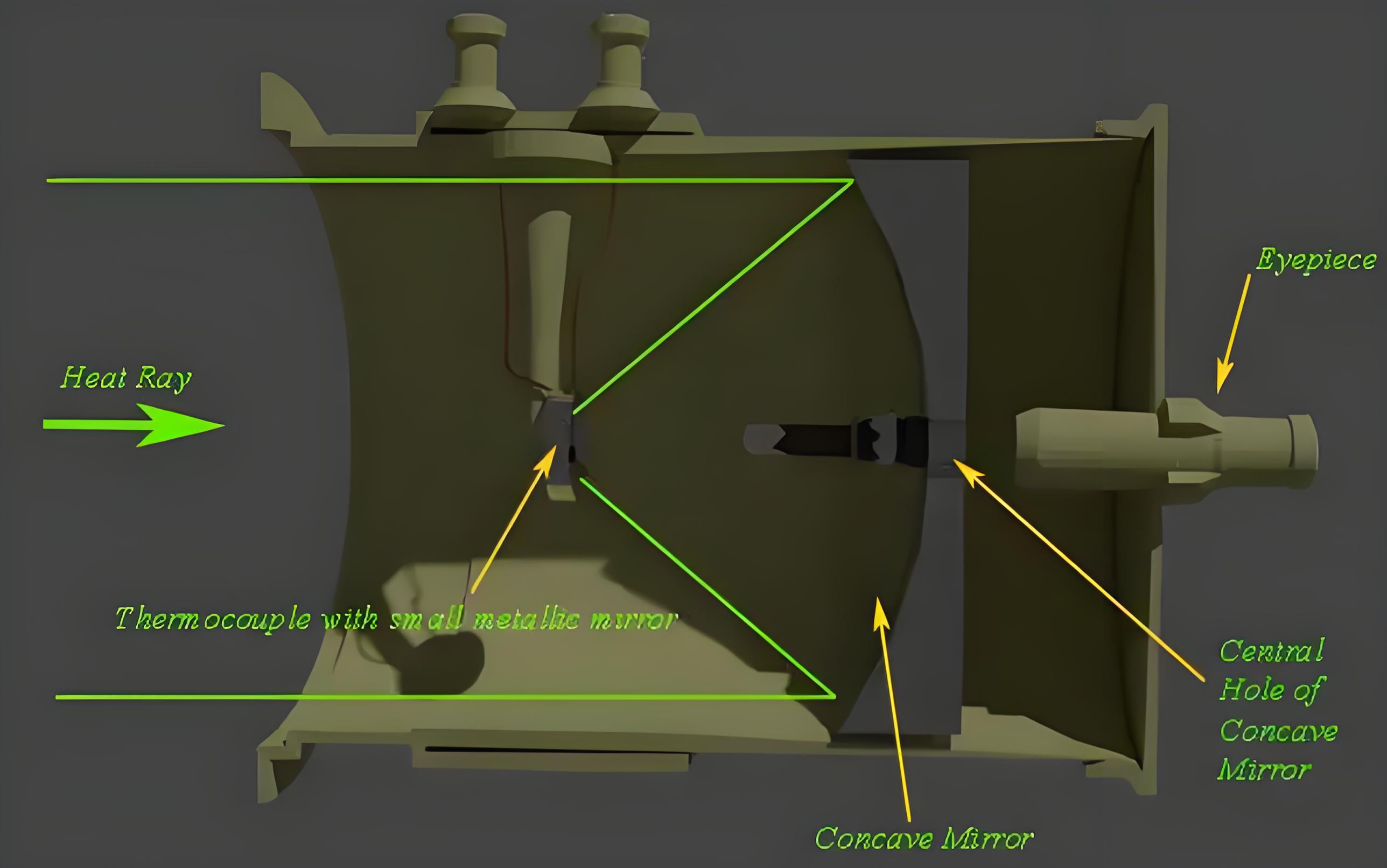
Advantages
They can measure high temperatures above 600°C, where other sensors may melt or damage.
They do not need physical contact with the object, which avoids contamination, corrosion, or interference.
They have a fast speed of response and high output.
They are less affected by corrosive atmospheres or electromagnetic fields.
Disadvantages
These devices may show errors due to non-linear scales, emissivity variations, ambient changes, and contaminants on optical parts.
They require calibration and maintenance for accurate readings.
They may be expensive and complex to operate.
Applications
Measuring the temperature of furnaces, boilers, kilns, ovens, etc.
Measuring the temperature of molten metals, glass, ceramics, etc.
Measuring the temperature of flames, plasmas, lasers, etc.
Measuring the temperature of moving objects such as rollers, conveyors, wires, etc.
Measuring the average temperature of large surfaces such as walls, roofs, pipes, etc.
The Electricity Encyclopedia is dedicated to accelerating the dissemination and application of electricity knowledge and adding impetus to the development and innovation of the electricity industry.
